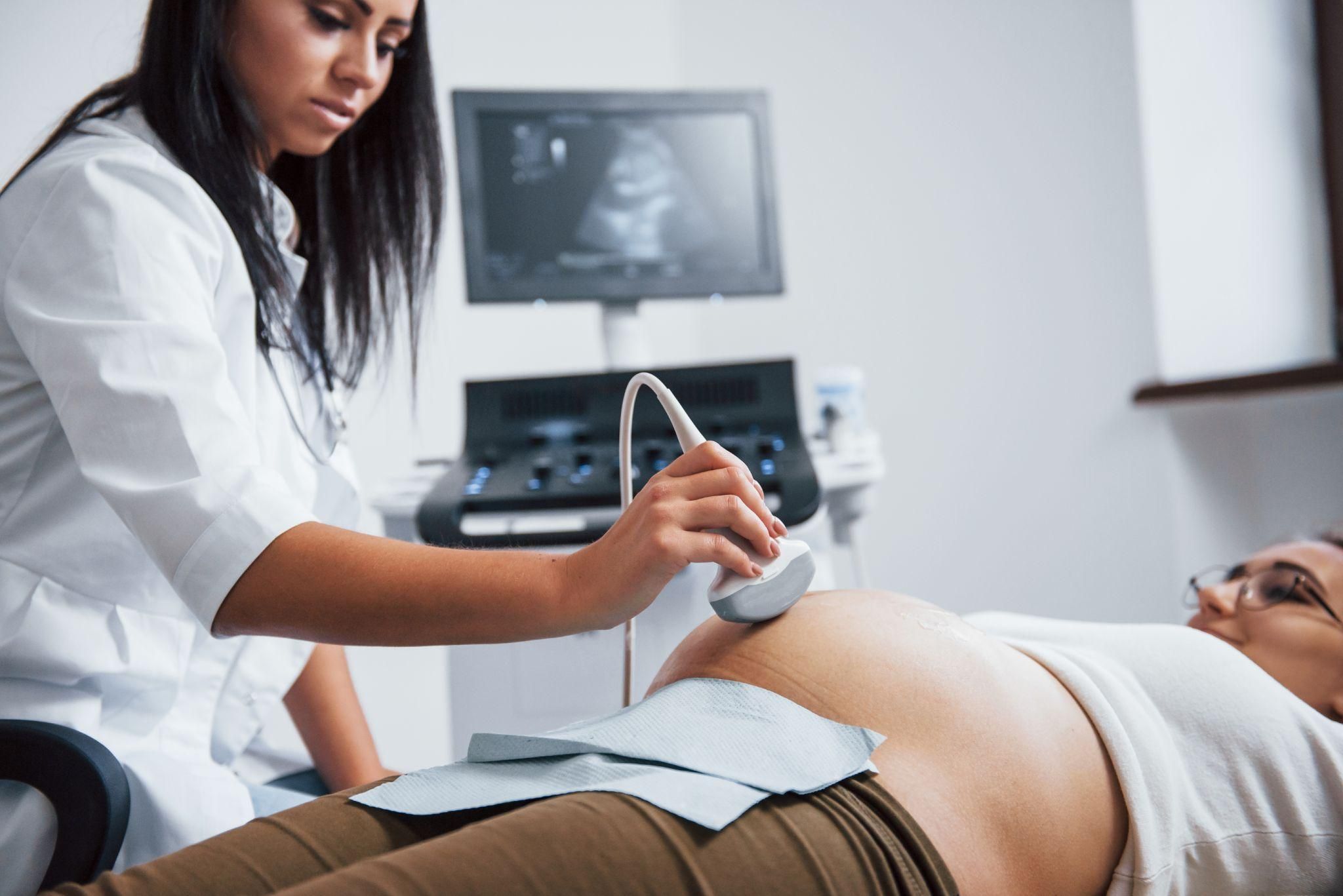When you’re expecting a baby, you’ll likely come across the term antenatal on a regular basis. Whether it’s in relation to appointments, vitamins, or classes, understanding what antenatal means and how it relates to your pregnancy is crucial. This guide will explain what antenatal means, explore the different aspects of antenatal care, and provide valuable information for expectant parents in the UK.
What Does Antenatal Mean?
The term antenatal refers to the period before birth, specifically the time during pregnancy leading up to the birth of your baby. In other words, antenatal care involves all the medical care, support, and guidance you receive during your pregnancy to ensure the health of both you and your baby.
Antenatal care is provided by healthcare professionals such as midwives, doctors, and specialists. It includes regular check-ups, tests, and advice to ensure that your pregnancy progresses healthily and that any potential issues are identified early.
In the UK, antenatal care is generally offered through the National Health Service (NHS) and can also include support from private practitioners if you opt for private care.
The Importance of Antenatal Care
Antenatal care is essential for the health of both the mother and the baby. It allows healthcare providers to monitor the pregnancy, detect potential complications, and provide the necessary support to manage any challenges that may arise. During the antenatal appointments, you’ll receive guidance on pregnancy nutrition, lifestyle, and exercise to ensure you’re looking after yourself and your growing baby.
Regular antenatal checkups help healthcare providers:
Monitor the growth and development of the baby.
Check for signs of any potential complications, such as gestational diabetes or preeclampsia.
Advise on proper prenatal care, including the use of antenatal vitamins.
Ensure that you’re getting the appropriate immunisations and screenings during pregnancy.
These appointments also give expectant parents the opportunity to ask questions, address concerns, and receive support throughout their pregnancy.
Key Aspects of Antenatal Care
1. Antenatal Appointments
Antenatal appointments are a vital part of pregnancy care. These check-ups usually begin around the 8th week of pregnancy and continue until the baby is born. Antenatal checkups are typically scheduled every 4-6 weeks in the early stages of pregnancy, then every 2-3 weeks after the 28th week, and weekly in the final month.
Each antenatal appointment typically includes:
Monitoring your weight, blood pressure, and overall health.
Tracking the baby’s growth and checking the baby’s heartbeat.
Discussing any symptoms or concerns you might have.
Testing for infections or conditions such as gestational diabetes or preeclampsia.
Offering advice on pregnancy care, such as antenatal vitamins, antenatal yoga, or other lifestyle changes to support a healthy pregnancy.
2. Antenatal Vitamins
Antenatal vitamins are specially formulated supplements designed to ensure that pregnant women receive the essential nutrients needed for a healthy pregnancy. These vitamins contain higher levels of folic acid, iron, and calcium, which are crucial during pregnancy.
Folic acid: Helps prevent neural tube defects in the developing baby.
Iron: Supports the production of red blood cells and helps prevent anaemia.
Calcium: Supports the development of the baby’s bones and teeth.
It is important to start taking antenatal vitamins before conception and continue throughout the pregnancy as part of your overall antenatal care.
3. Antenatal Yoga
Antenatal yoga is a great way to stay fit, healthy, and relaxed during pregnancy. Yoga during pregnancy can help with flexibility, strength, and relaxation. It focuses on gentle movements and breathing exercises that support both physical and mental well-being. Regular antenatal yoga can also help reduce discomfort during pregnancy, such as back pain, swelling, and sleep difficulties.
Yoga for pregnancy includes specific postures designed to support the changing body, ease tension, and prepare the body for labour.
Prenatal yoga classes often incorporate mindfulness and relaxation techniques, helping expectant mothers manage stress and anxiety as they prepare for birth.
Joining pregnancy yoga classes can be a wonderful way to meet other expectant parents and provide support through your pregnancy journey.
4. Antenatal Massage
Antenatal massage is another excellent form of antenatal support for expectant mothers. This therapeutic massage targets the specific areas of the body that may become sore or tense during pregnancy, such as the back, shoulders, and legs.
Pregnancy massage benefits: Reduces muscle tension, improves circulation, and helps with relaxation during pregnancy. It may also reduce the risk of complications like preterm labour.
A professional antenatal massage therapist will use techniques that are safe and tailored to the needs of pregnant women.
Massage therapy can provide relief from common pregnancy discomforts and help promote emotional well-being during this special time.
5. Antenatal Scans
Antenatal scans, such as the ultrasound, are essential tools in antenatal care. These scans help doctors monitor the growth and development of the baby throughout the pregnancy. The two main types of scans include:
Dating scan: Performed at around 8-14 weeks to determine the baby’s due date and check for any early complications.
Anomaly scan: Performed at 18-21 weeks to check for physical abnormalities in the baby, such as structural issues in the heart, spine, or brain.
Routine scans ensure the health and safety of both the baby and the mother.
Additional Services Under Antenatal Care
1. Antenatal Education
Antenatal education involves providing expectant parents with the knowledge they need to prepare for childbirth and parenthood. This education may cover topics like:
How to recognise the signs of labour.
The stages of labour and delivery.
Techniques for managing pain during childbirth.
Breastfeeding tips and newborn care.
Many NHS trusts offer free antenatal classes near me to help prepare parents for childbirth. Alternatively, private practitioners may provide more specialised courses tailored to your individual needs.
2. Antenatal Support
Throughout your pregnancy, antenatal support comes from various sources. Support may come from:
Midwives, who provide guidance and medical care during pregnancy.
Doulas, who offer emotional and physical support, particularly during labour and childbirth.
Family and friends, who can provide additional emotional support and help with practical tasks.
It’s important to reach out for antenatal support when you need it. Whether it’s a question about your antenatal appointments, advice on antenatal vitamins, or guidance on pregnancy care, don’t hesitate to speak to a professional.
Finding the Right Antenatal Care for You
There are several ways to find the antenatal care that best suits your needs:
Speak with your GP or midwife to learn more about local antenatal clinics and services available through the NHS.
Look for antenatal classes near me, which may offer a combination of education, fitness, and relaxation options.
Consider private options if you’re looking for more personalised or specialised care, such as antenatal massage or private prenatal yoga sessions.
It’s important to consider your preferences and budget when choosing the right form of antenatal care for you.
Understanding what antenatal means and how it relates to your pregnancy is essential for ensuring you receive the best care for you and your baby. From regular antenatal appointments to antenatal vitamins, antenatal yoga, and antenatal support, every aspect of antenatal care plays a crucial role in ensuring a healthy pregnancy. Whether you opt for NHS care, private classes, or a combination of services, the most important thing is that you feel supported, informed, and prepared for the birth and beyond.
References
- The Ultimate Antenatal Classes
Prepare for labour, birth, and baby care with nine experts, including senior NHS midwives and an award-winning obstetrician!
https://unii.com/en/journey/ultimate-antenatal-classes









